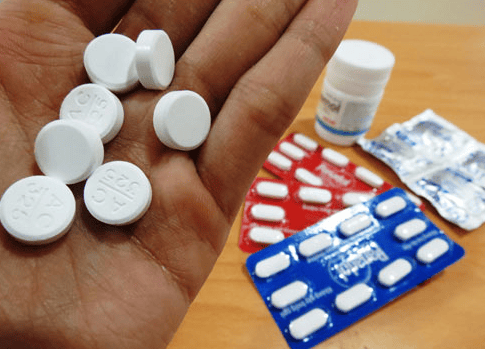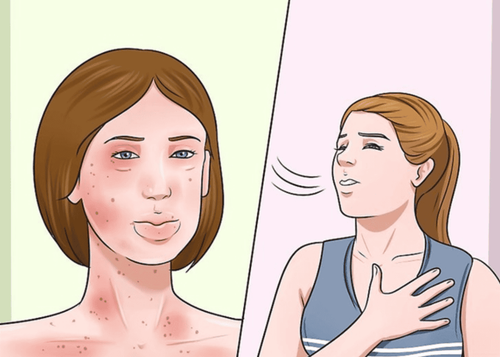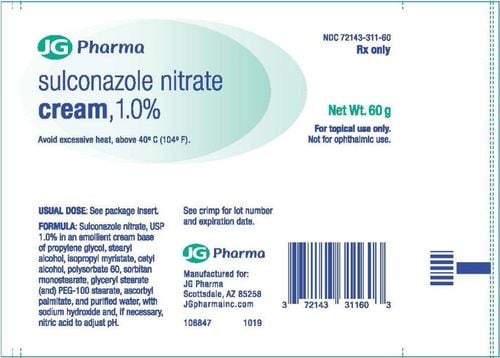This is an automatically translated article.
The article was written by Pharmacist Nguyen Van Thang - Pharmacist - Faculty of Pharmacy - Vinmec Times City International HospitalAlimemazine is an antihistamine that works to treat allergic symptoms (allergic rhinitis, cough, sneezing, runny nose; skin allergies such as urticaria, rash). In addition, the drug is also used in cases of sudden or transient insomnia (due to preparing to go away or having emotional events...)
1. The effect of the drug alimemazine
The drug is rapidly absorbed after oral administration, usually onset of action after 15-20 minutes and lasting effect for 6-8 hours.2. Undesirable effects when taking alimemazine
Like all drugs, alimemazine also causes some unwanted effects. Many people won't experience any side effects or have only a few mild side effects, but there are cases that are severe and require immediate treatment.
Therefore, it is necessary to inform your doctor or other medical staff immediately if you experience or suspect any unwanted effects.
Some unwanted effects need immediate medical attention:
Allergic reactions: skin rash such as skin redness, purpura, hives, swelling of eyes, face, difficulty breathing, difficulty breathing. swallowing (symptoms of quincke edema) Heart rhythm abnormalities Convulsions Loss of coordination, tremors, difficulty swallowing or speaking Some other undesirable effects:
Drowsiness, drowsiness (especially when started) First treatment) Dry mouth, visual disturbances, abdominal pain, urinary retention, constipation, nervousness, low blood pressure >>> Signs of drug allergy

3. Cases where alimemazine should not be used
Alimemazine should not be used in the following cases:
History of allergy to antihistamines Children under 2 years of age Children with dehydration (due to diseases such as vomiting, diarrhea, high fever...) People liver and kidney dysfunction, epilepsy, parkinsonism, myasthenia gravis, urinary retention due to prostatic hypertrophy Taking other drugs with CNS depressant effects Glaucoma (narrow angle glaucoma) Yes History of blood disease (leukopenia) When it is necessary to do tasks that require concentration and alertness: driving, operating machinery...
4. Some notes on drug use
It is necessary to discuss with the doctor, pharmacist about the history of allergies, existing medical conditions and current medications before taking the medicine. In the process of taking the drug, it is necessary to inform the doctor or pharmacist when taking other drugs. It should be used near bedtime because it causes drowsiness. Avoid the use of alcohol and beer when taking the drug because it can increase the unwanted effects of the drug. Talk to your doctor or pharmacist if you have any discomfort or unusual problems. Do not self-administer this medication to others.

Should only use medical treatment according to the doctor's prescription and use the drug exactly according to the instructions of the treating doctor. Do not arbitrarily buy drugs for self-treatment as well as recommend drugs to other people because they simply think they have the same disease. Once you are allergic to any drug, absolutely do not use that drug again. When you go to the doctor or go to the pharmacy to buy medicine, you must inform the doctor or pharmacist of the drugs that you have been allergic to in the past and the drugs you are currently taking so that you can guide them to use them properly. reasonable, safe.
Please dial HOTLINE for more information or register for an appointment HERE. Download MyVinmec app to make appointments faster and to manage your bookings easily.














